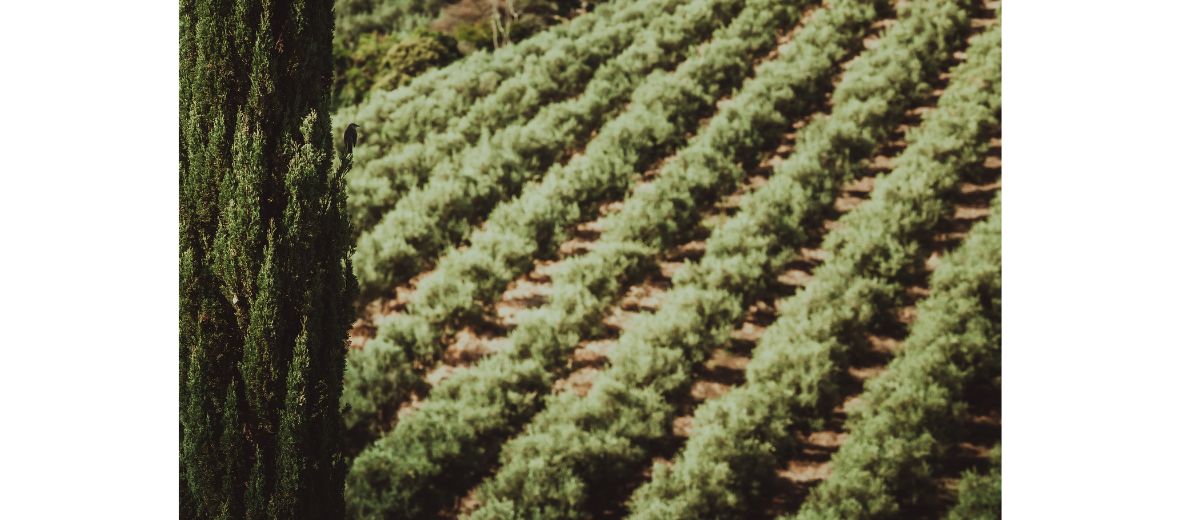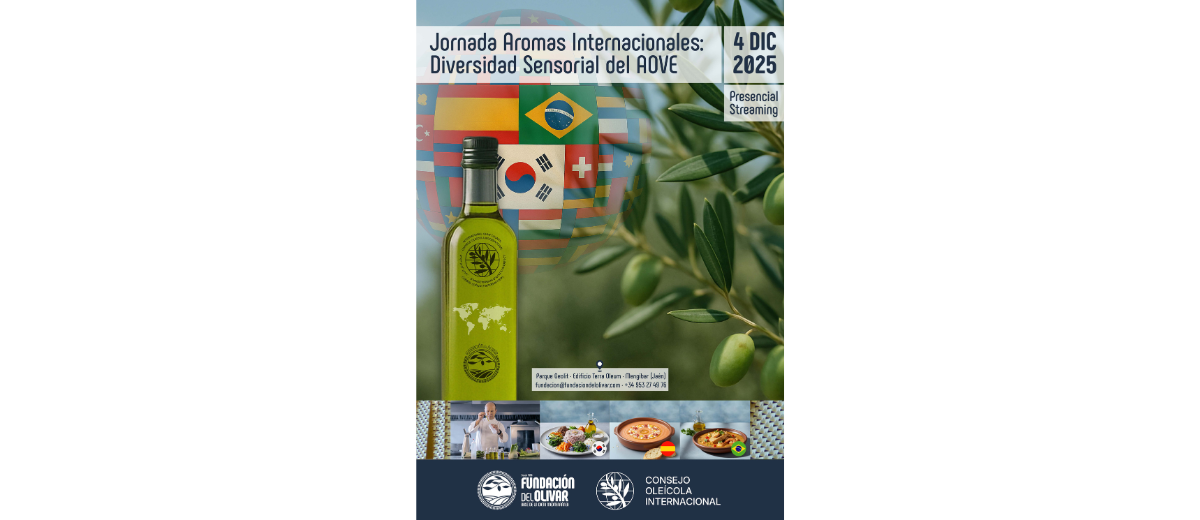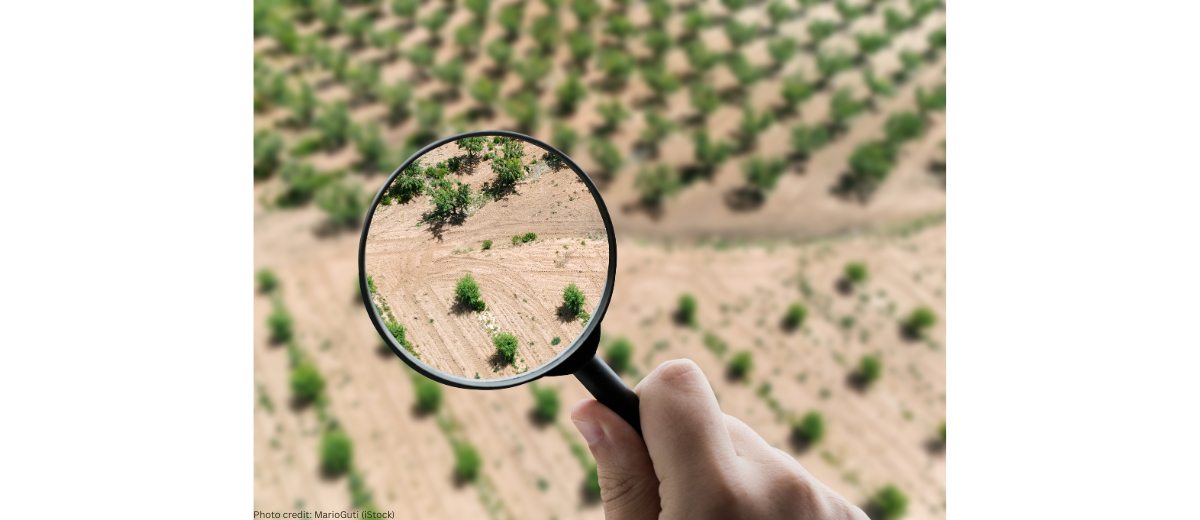Strengthening Ties with a Growing Sector
-
IOC mission: technical cooperation and promotion
The International Olive Council (IOC) completed its second official visit to Brazil between 25 September and 8 October 2025, as part of its ongoing engagement with emerging olive-producing countries. The mission combined technical training, producer engagement and promotional activities across key olive-growing regions, from Serra da Mantiqueira (Minas Gerais and São Paulo) to Rio Grande do Sul.
One of the key highlights of the mission was the Intermediate-Level Course in Sensory Analysis of Virgin Olive Oils, held in Campos do Jordão with 23 professionals selected by Brazil’s Ministry of Agriculture and Livestock (MAPA-Brazil). The course responded to the growing need for new olive oil sensory analysis panels in Brazil, where only two IOC-recognised panels currently operate.
The delegation also visited several institutions and producers, including EPAMIG, a research centre pioneering varietal adaptation and plant health in olive cultivation, and Fazenda Tuiuva, located at 1,900 metres above sea level. The mission included meetings with producers and local authorities in Maria da Fé, where a cooperation agreement was signed between Ibraoliva and Assoolive, followed by a Mario Solinas Quality Award-winning olive oil tasting for 90 guests.
To further boost awareness, the IOC hosted masterclasses in Campos do Jordão, Porto Alegre and São Paulo for chefs, retailers, media and influencers to promote informed consumption and showcase high-quality olive oils.
-
A sector in development: Brazil’s olive oil landscape
Brazil’s olive oil sector is young but rapidly evolving. Its contrasting growing regions illustrate the diversity of production conditions:
- Serra da Mantiqueira: High-altitude groves (1,200–1,900 m), cool climate, and small-scale, high-quality production.
- Rio Grande do Sul: Lower altitudes, broader cultivation areas and a focus on larger volumes with increasing quality.
The sector faces agronomic challenges including insufficient chilling hours, frequent rainfall during harvest, and limited varietal adaptation to tropical conditions. Nonetheless, Brazil has made strides in technology adoption, research and the development of boutique mills with state-of-the-art equipment.
Olive tourism is also growing, often integrated with wine, coffee, citrus and berry production, helping to diversify income and bring consumers closer to the sector.
-
Key figures: production and consumption trends
Brazil’s olive sector continues to evolve, supported by both growing domestic production and steady consumer demand. Over the past five crop years (2018/19–2023/24), olive oil consumption in the country has averaged 95,000 tonnes per year, with an estimated per capita consumption of 0.4 kilograms per inhabitant per year. Brazil remains one of the main importing countries under the IOC framework, sourcing the majority of its olive oil from Portugal and Spain.
In the case of table olives, national consumption has averaged 125,000 tonnes per year during the same period, equivalent to around 0.6 kilograms per person. Brazil imports most of its table olives from Argentina, Egypt and Peru, confirming its growing role as a key consumer market in the Southern Hemisphere and a promising destination for high-quality olive products.

A promising partnership
The IOC mission reaffirms the Organisation’s commitment to supporting member and non-member countries in building resilient, high-quality olive sectors. Brazil’s continued investment in quality, technology and consumer engagement positions it as a promising player in the olive oil landscape of the Southern Hemisphere.
For more information on the IOC’s Economic Affairs and Promotion Unit, visit our website.









